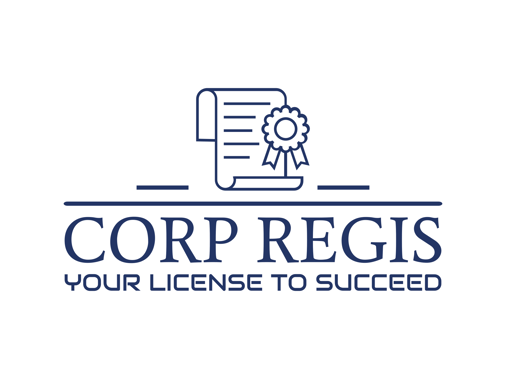GMP Certification
In India, GMP stands for Good Manufacturing Practices, which are a set of quality management systems and procedures that ensure the consistent production and control of pharmaceutical products, medical devices, and certain food products. GMP certification demonstrates that a manufacturing facility complies with the established quality standards and regulations. Here are the general requirements and procedure for obtaining GMP certification in India:
Requirements for GMP Certification:
Facility Compliance: Ensure that your manufacturing facility meets the necessary infrastructure requirements, including adequate space, ventilation, lighting, sanitation, and segregation of production areas.
Personnel Qualification: Employ qualified personnel with appropriate education, training, and experience to perform their assigned tasks. This includes having competent technical staff, quality control personnel, and production personnel.
Documented Procedures: Develop and implement written standard operating procedures (SOPs) for all critical processes and activities related to manufacturing, quality control, testing, and documentation. These procedures should cover all aspects of production, quality control, and release of products.
Quality Control and Assurance: Establish a robust quality control system to ensure the quality and integrity of the products. This involves implementing systems for testing, sampling, release, and stability monitoring of the products. Adherence to quality assurance measures, such as calibration of equipment, validation of processes, and documentation control, is also essential.
Hygiene and Sanitation: Maintain strict hygiene practices and cleanliness within the manufacturing facility. This includes implementing procedures for personnel hygiene, cleaning and disinfection of equipment and premises, and pest control measures.
Raw Material Control: Establish procedures for the receipt, storage, handling, and control of raw materials, including the use of appropriate storage conditions and adequate record-keeping.
Procedure for GMP Certification:
Self-Assessment: Conduct a thorough self-assessment of your manufacturing facility's compliance with GMP guidelines. Identify any areas that require improvement to meet the GMP standards.
Documentation Preparation: Prepare the necessary documentation, including SOPs, quality manuals, and other required documents, to demonstrate compliance with GMP requirements.
Application Submission: Submit an application for GMP certification to the appropriate regulatory authority or certification body. In India, the Central Drugs Standard Control Organization (CDSCO) is responsible for GMP certification for pharmaceutical products.
Inspection: The regulatory authority or certification body will conduct an inspection of your manufacturing facility to assess compliance with GMP standards. They will evaluate the facility's infrastructure, personnel qualifications, documentation, quality control processes, and overall adherence to GMP guidelines.
Corrective Actions: Address any observations or non-compliances identified during the inspection by implementing appropriate corrective actions and improvements.
Certification Issuance: If your manufacturing facility is found to be in compliance with GMP standards, the regulatory authority or certification body will issue the GMP certification. The certification is typically valid for a specific period and subject to periodic renewal.
Compliance and Renewal: Maintain ongoing compliance with GMP standards, implement continuous improvement measures, and renew the GMP certification as per the prescribed renewal process and requirements.
